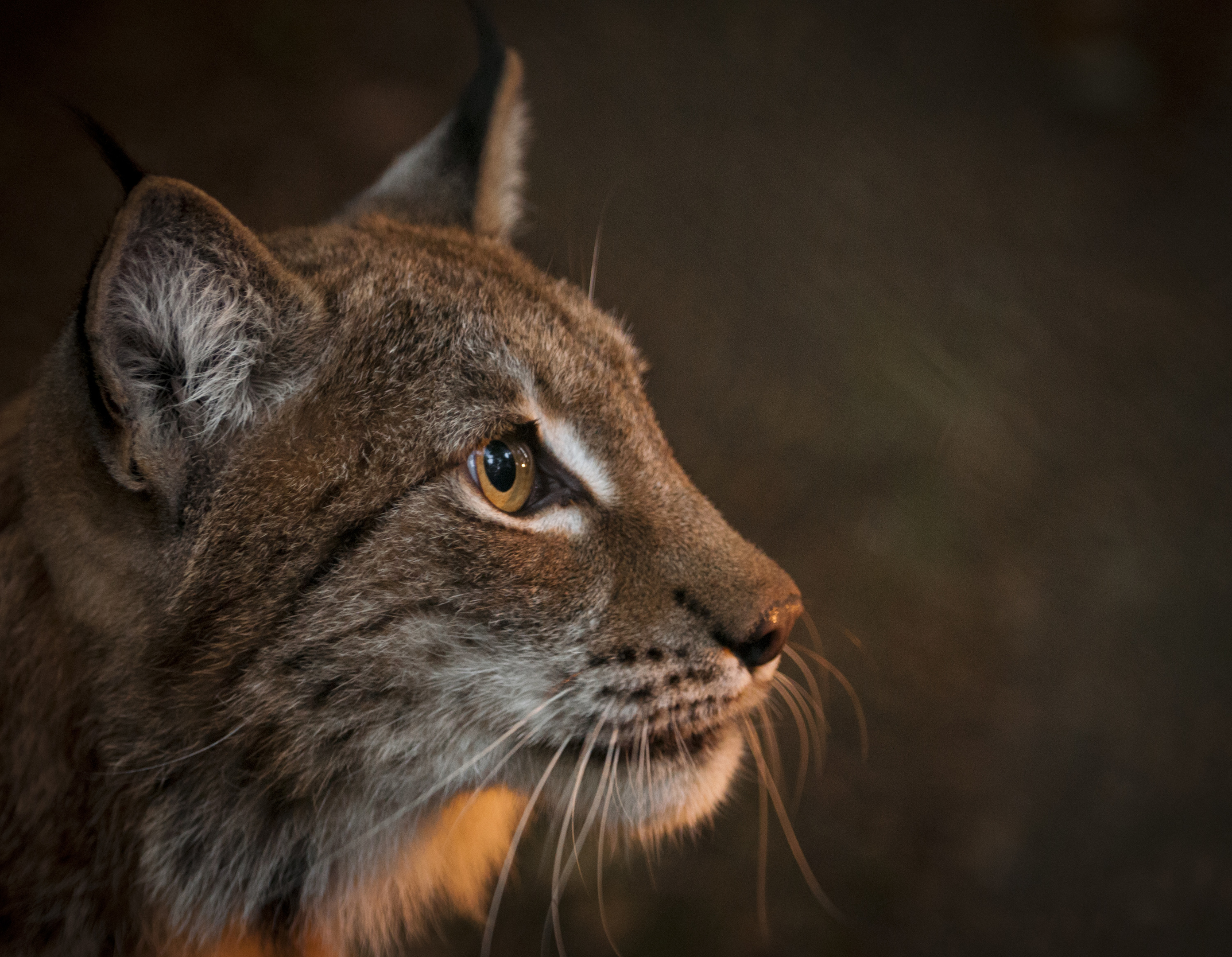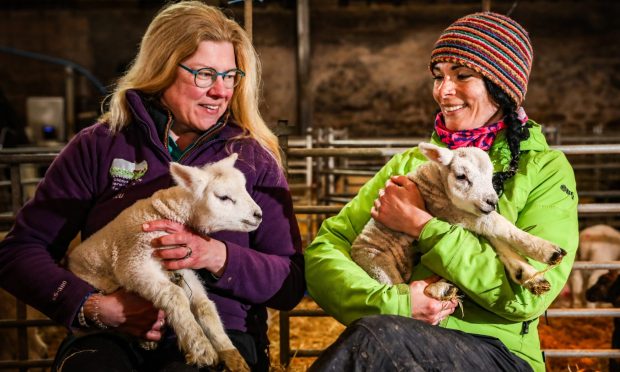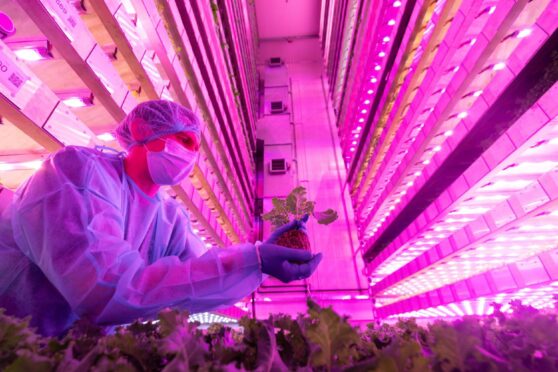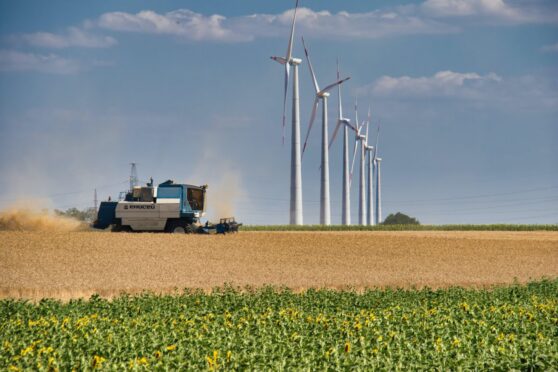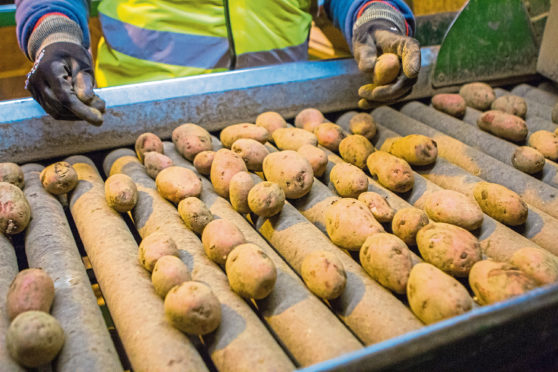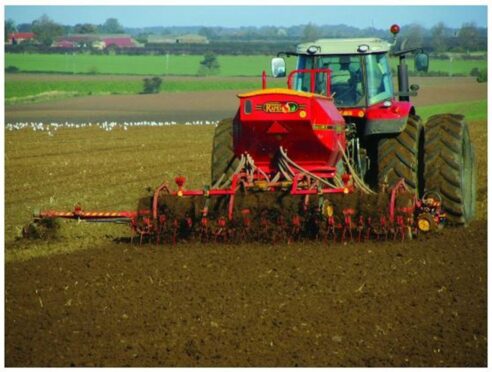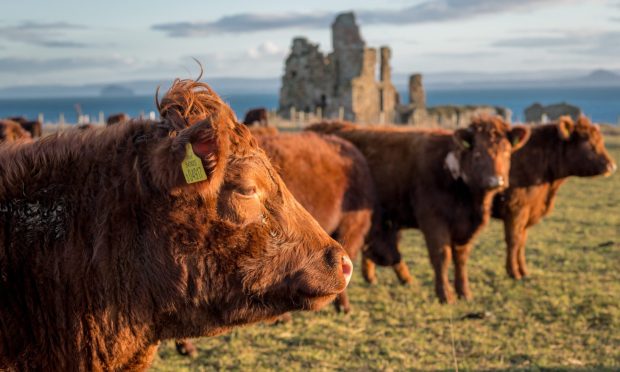The group advocating a trial release of Eurasian lynx in the Borders has turned the tables on the sheep industry by proposing that profits from ecotourism could be used to improve lamb welfare.
The farming industry has been vehemently opposed to the lynx reintroduction project, claiming that predation by the species would threaten flocks and livelihoods.
However the Lynx UK Trust has quoted a National Animal Disease Information Service (Nadis) estimate that between two and six million lamb deaths occur in the UK every year. These deaths, they say, could be avoidable with the provision of better shelter, nutrition and healthcare.
Lynx UK Trust spokesman Steve Piper suggested the losses were the result of chronic under-funding and criticised a lack of leadership on tackling the problem.
“We’ve had two years of the National Sheep Association’s reality-defying claims that six lynx will threaten the UK’s sheep industry and food security, but they’ve had almost nothing to say on the millions of lambs lost to welfare basics whilst they were busy doing that. I consider that extremely poor representation of the industry; sheep farming needs solutions to the problems it faces, not scaremongering,” he said.
“A sheep welfare grant program funded by lynx eco-tourism can help local farmers with things like building lambing shelters, effectively delivering vaccinations and other critical early-life care, maintaining fencing to reduce road kills; basics they need to do the exceptional job everyone knows British farmers are capable of. Even a fractional improvement would mean a lot more healthy sheep and a huge reduction in financial losses.”
The Trust said lynx had proven to be a significant draw for eco-tourism in Europe, bringing millions of pounds every year into the local economy around Harz in Germany. Part of the plan is to establish a visitor centre in Kielder acting as a hub for local tourism operators as well as collecting money from tourists to help fund the trial and provide benefits to the local community.
Mr Piper said: “Eco-tourism potential in Kielder is certainly worth millions of pounds over a five year trial. We’ll help advise interested farmers on how they can take advantage of that, but what we really want to ensure is that some of the money is going directly to helping with the biggest threats to sheep; exposure, disease and malnutrition.”
However Mr Piper insisted compensation would need to be paid if lynx kill sheep.
In a statement a spokesperson from the National Sheep Association (NSA) said animal welfare was crucial to farmers and lamb losses were to be anticipated because of environmental reasons. The NSA also rejected a compensation system and claimed it would be complicated and controversial.
nnicolson@thecourier.co.uk
